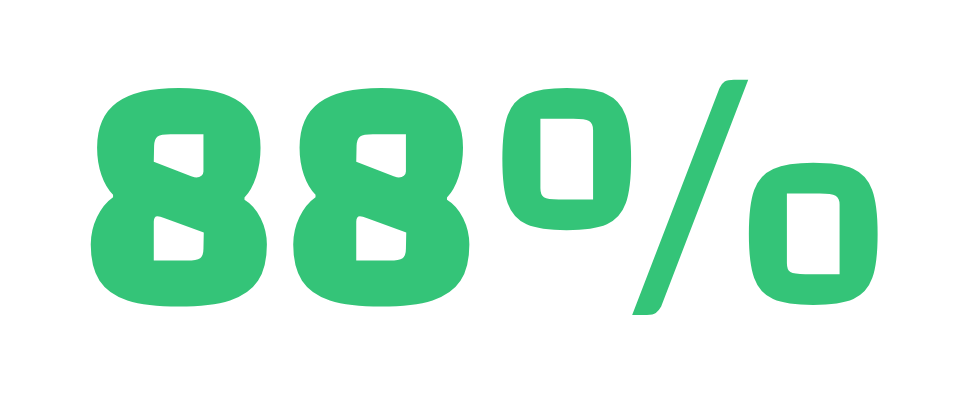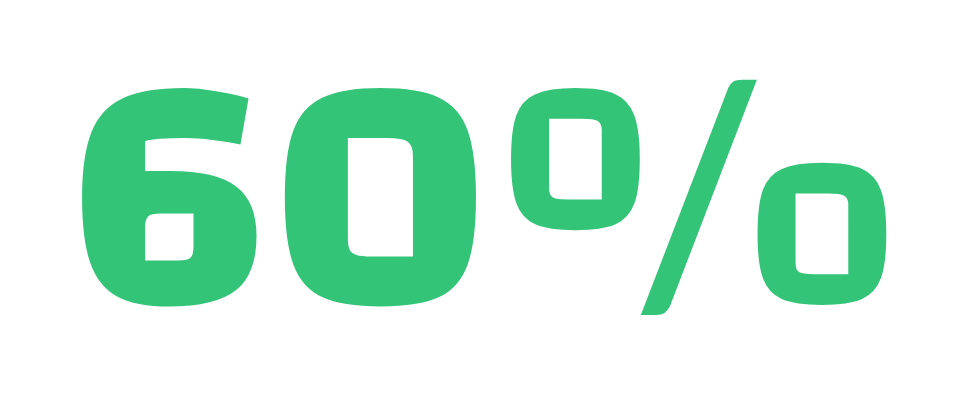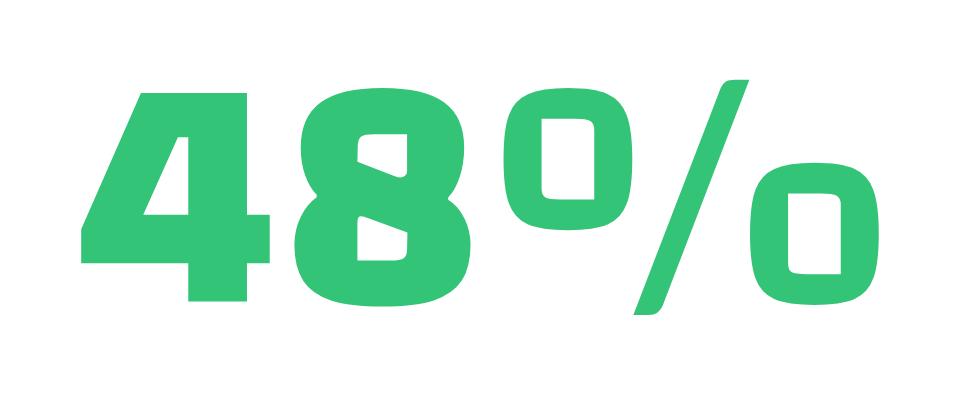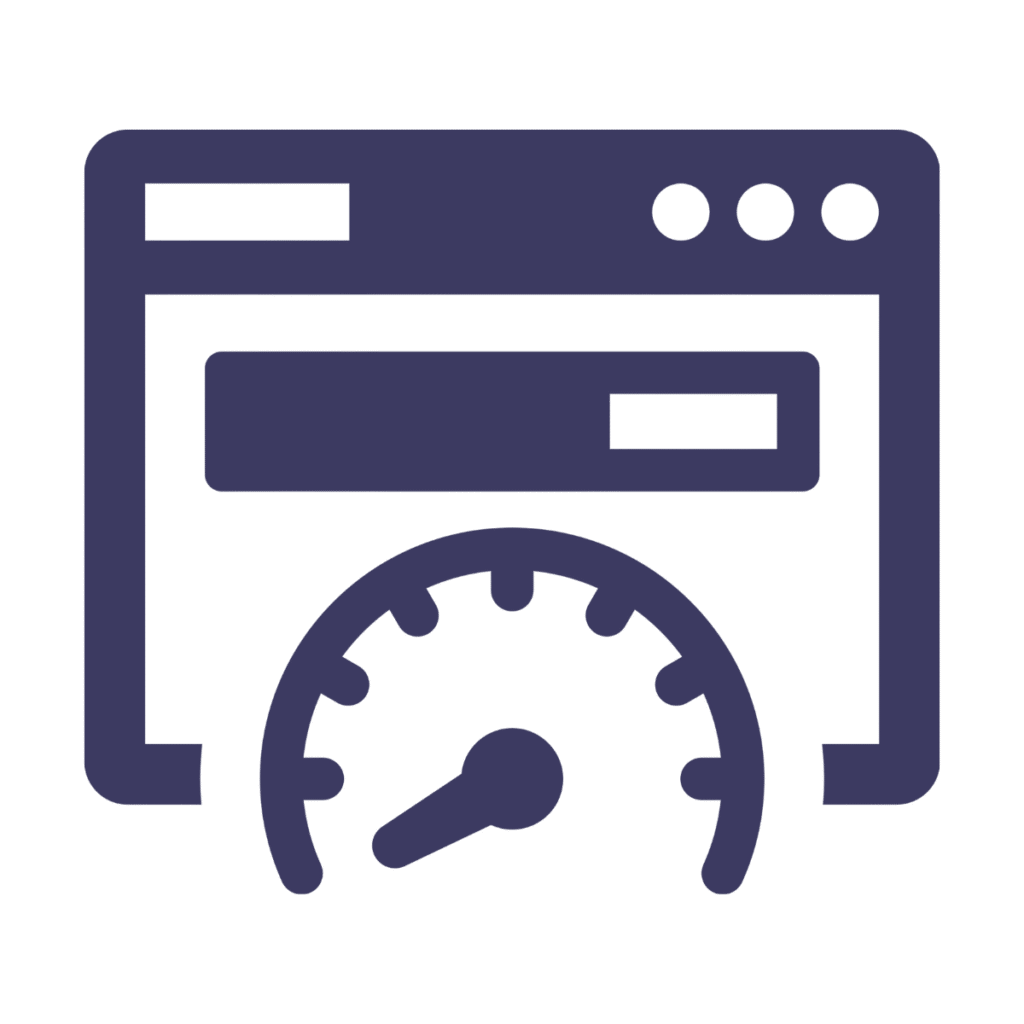Technical SEO Services
Welcome to SEO where we specialize in revolutionizing your online presence through expert SEO and digital marketing solutions.
What Is Technical SEO
Why Invest With KATEB-SEO
Technical SEO is the backbone of your website’s visibility. While content and keywords attract visitors, technical SEO ensures that search engines can properly find, crawl, index, and rank your site. It covers crucial elements like website speed, mobile-friendliness, structured data, secure connections (HTTPS), and clean site architecture.
👌 A technically optimized site:
- improves your rankings.
- enhances user experience.
- reducing bounce rates.
- increasing engagement.
At KATEB SEO, we conduct in-depth audits to uncover hidden issues that may be silently hurting your performance and fix them with precision.
Why Invest With KATEB-SEO
What Is Technical SEO And Why Is It Important?


Technical SEO is the backbone of your website’s visibility. While content and keywords attract visitors, technical SEO ensures that search engines can properly find, crawl, index, and rank your site. It covers crucial elements like website speed, mobile-friendliness, structured data, secure connections (HTTPS), and clean site architecture.
A technically optimized site not only improves your rankings but also enhances user experience — reducing bounce rates and increasing engagement. At KATEB SEO, we conduct in-depth audits to uncover hidden issues that may be silently hurting your performance and fix them with precision.


of users would leave the
website if it were not secure

of searches come
from mobile phone devices.

of users expect a webpage
to load in 2 seconds or less
Success Speaks
Louder
❝ kATEB SEO optimized our virtual school’s structure and page speed. As a result, student sign-ups increased and our visibility on Google improved significantly.❞
❝We had no idea how many technical errors were blocking our growth. KATEB SEO fixed everything from mobile issues to crawl errors — now we rank higher and get more leads.❞
❝Our website used to load slowly and had indexing issues. After KATEB SEO’s technical optimization, performance improved dramatically — and so did our sales.❞
Technical SEO Services We Offer
Grow Your Business With Us
Most Common Technical SEO Issues Research
SEO Agency

Technical SEO issues can silently harm your website’s performance and prevent it from ranking well. Identifying and fixing these problems is key to better visibility, improved crawling, & a faster user experience.
This include:



Slow Page Speed

Mobile Usability Issue

Broken Links 404

Duplicate Content

Missing/ Faulty Sitemap
#1 SEO Agency
Most Common Technical SEO Issues

Technical SEO issues can silently harm your website’s performance and prevent it from ranking well. Identifying and fixing these problems is key to better visibility, improved crawling, and a faster user experience.
This include:

Slow Page
Speed
Mobile Usability Issues
Broken Links
404
Pages with Duplicate Content
Missing or Faulty Sitemap

The Power of Technical SEO
Strong Rankings Start with Strong Foundations
1- Improved Crawling and Indexing: Technical SEO helps search engine bots crawl and index your website efficiently. This improves how search engines interpret your site structure and boosts visibility in search results.
2- Enhanced User Experience: Optimizations like faster load times, mobile responsiveness, and clear navigation create a smoother user experience. These factors reduce bounce rates and increase user engagement, positively influencing rankings.
3- Better Website Performance: Speed is a crucial ranking factor. Technical SEO improves load times, keeping users on your site longer and reducing bounce rates — both of which support higher rankings.
4- Mobile Optimization: With more users browsing on mobile, it’s essential your website works seamlessly across all devices. Technical SEO ensures your site is mobile-friendly and accessible everywhere.
5- Prevents Technical Issues: Regular audits detect and fix issues like broken links, duplicate content, and crawl errors. This keeps your website healthy and ensures consistent performance in search engines.

Your Website Deserves to Be Seen
Visibility isn’t luck — it’s strategy
Maximize your reach with SEO that’s built on data, insight, and precision.
OUR STATISTICS
NUMBERS SPEAK LOUDER
begin with a search engine, emphasizing the importance of being indexed and ranked well.
Implementing structured data can result in a 30% increase in CTR (click-through rate) on search results.
of internet users prefer content that appears in organic search results
Strong Rankings Start with Strong Foundations
The Power of Technical SEO
- Improved Crawling and Indexing: Technical SEO helps search engine bots crawl and index your website efficiently. This improves how search engines interpret your site structure and boosts visibility in search results.
- Enhanced User Experience: Optimizations like faster load times, mobile responsiveness, and clear navigation create a smoother user experience. These factors reduce bounce rates and increase user engagement, positively influencing rankings.
- Better Website Performance: Speed is a crucial ranking factor. Technical SEO improves load times, keeping users on your site longer and reducing bounce rates — both of which support higher rankings.
- Mobile Optimization: With more users browsing on mobile, it’s essential your website works seamlessly across all devices. Technical SEO ensures your site is mobile-friendly and accessible everywhere.
- Prevents Technical Issues: Regular audits detect and fix issues like broken links, duplicate content, and crawl errors. This keeps your website healthy and ensures consistent performance in search engines.

of online experiences begin with a search engine, emphasizing the importance of being indexed and ranked well.
Implementing structured data can result in a 30% increase in CTR (click-through rate) on search results.
of internet users prefer content that appears in organic search results
Grow Your Business With Us
Technical SEO Services We Offer
Your Website Deserves to Be Seen
Visibility isn’t luck — it’s strategy
Maximize your reach with SEO that’s built on data, insight, and precision.
SEO Company
Technical SEO (30) Days Challenge
Creating a plan to improve on-Technical SEO within 30 days, requires a strategic approach and focused execution. Here’s a KATEB-SEO guide:
Day 1 _ 5: Website Audit and Analysis
- Conduct a comprehensive technical SEO audit using tools like Screaming Frog
- Analyze website performance metrics such as page load speed, mobile-friendliness, security
- Review website architecture, URL structure, internal linking, and XML sitemap
Day 6 _ 10: Website Optimization
- Optimize website speed by compressing images, minifying CSS and JavaScript files...
- Implement mobile optimization techniques such responsive design, optimizing elements
Day 11 _ 15: On-Page SEO Optimization
- Optimize meta tags for relevant keywords and ensure they are unique and compelling
- Optimize heading tags (H1, H2, H3) and ensure proper keyword usage, readability...
Day 16 _ 20: Technical Improvements
- Fix crawl errors, broken links, and duplicate content
- Implement schema markup to enhance search engine understanding of website content
Day 21 _ 25: Security & HTTPS
- Implement HTTPS encryption by obtaining and installing SSL/TLS certificates
- Configure server settings to redirect HTTP traffic to HTTPS and update internal links
Day 26 _ 30: Monitoring and Reporting
- Monitor website performance and search engine rankings
- Generate and review reports on key technical SEO metrics
- Review the overall impact of technical SEO efforts
SEO Company
Technical SEO (30) Days Challenge
Creating a plan to improve on-Technical SEO within 30 days, requires a strategic approach and focused execution. Here’s a KATEB-SEO guide:
Day 1 _ 5
Website Audit and Analysis
- Conduct a comprehensive technical SEO audit using tools like Screaming Frog
- Analyze website performance metrics such as page load speed, mobile-friendliness, security
- Review website architecture, URL structure, internal linking, and XML sitemap
Day 6 _ 10
Website Optimization
- Optimize website speed by compressing images, minifying CSS and JavaScript files...
- Implement mobile optimization techniques such responsive design, optimizing elements
Day 11 _ 15
On-Page SEO Optimization
- Optimize meta tags for relevant keywords and ensure they are unique and compelling
- Optimize heading tags (H1, H2, H3) and ensure proper keyword usage, readability...
Day 16 _ 20
Technical Fixes & Improvements
- Fix crawl errors, broken links, and duplicate content
- Implement schema markup to enhance search engine understanding of website content
Day 21 _ 25
Security & HTTPS Implementations
- Implement HTTPS encryption by obtaining and installing SSL/TLS certificates
- Configure server settings to redirect HTTP traffic to HTTPS and update internal links
Day 26 _ 30
Monitoring and Reporting
- Monitor website performance and search engine rankings
- Generate and review reports on key technical SEO metrics
- Review the overall impact of technical SEO efforts

Stop Guessing... Start Ranking!
Don’t let technical errors hold your growth back. Let us help you build a stronger, faster, and smarter website.
Stop Guessing... Start Ranking!
Get the keywords your audience is actually searching for… and Uncover high-value, low-competition keywords that drive real traffic and conversions










